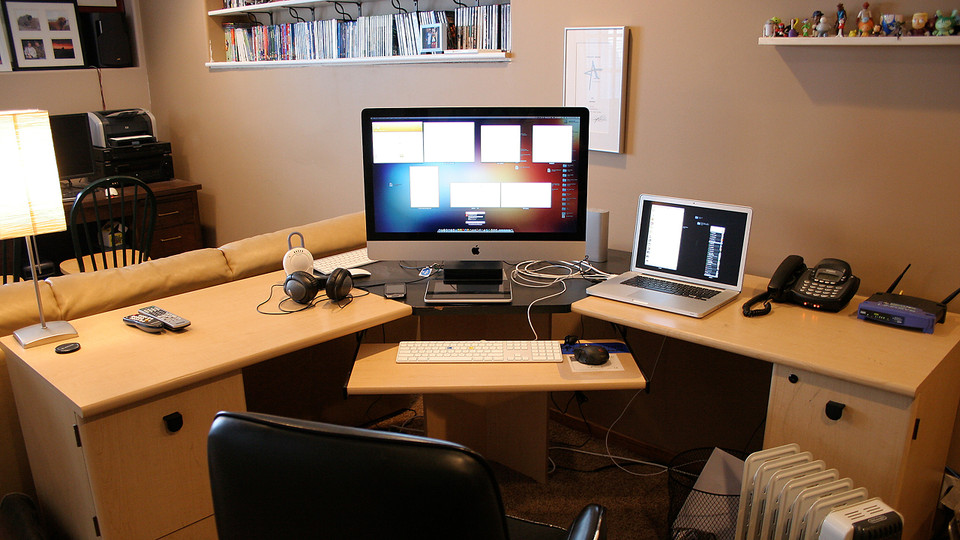Many freelancers spend much of their time alone and take on all the work of their one-person business alone. But it doesn’t have to be that way. There are times when working with others is a huge benefit.
Not convinced? Why not try.
Delegating to others
In the workplace, delegation and defined roles are common. When we’re freelance, we’re tempted to do it all. Yet where’s the rule book that says we have to?
Try outsourcing. If a task is stressful, time-consuming or just plain boring, outsource it. Yes, it will cost you money, but you can spend the time it would have taken to do that admin or fill out that tax-return on earning money doing what you’re good at (and hopefully enjoy).
Some tasks are best done by others because they require expertise and those experts can do them quicker and better than you can. So, whether the task is web design, social media management, promotion, bookkeeping and accountancy, or anything else you can’t or don’t want to do, consider passing it to someone else.
Learning from others
There’s always something left to learn and always someone who can teach it to you or talk you through it. Formal and informal training, longer courses, mentoring, networking, conferences, workshops, local business consortiums; there’s a whole bunch of ways you can access learning to improve and broaden your skills and increase your contacts.
Subcontracting to others
I’ve written dozens if not hundreds of articles on different ways to manage your time, workload and work/life balance. But even if you’ve followed my sage advice to the letter, there may be times when life throws you a curveball and you end up with an impossible amount of work.
Spookily, I’m there myself right now; usually, I’m a very part-time employee as well as a freelance writer. Over the last few weeks, though, I’ve been a nearly full-time employee because one colleague suffered a completely unpredictable tragedy, and another had to take a fortnight off because of serious illness in her family.
Currently, my curveball solution has resulted in finishing this article at 6.30 in the morning before heading off ‘to work’ – and consuming the number of takeaways and ready meals I’d usually have in a year. An alternative (and, I will admit, better) solution is to hire someone else to help, whether that’s for specific tasks or a few hours/days.
Subcontracting can also be a great idea if you have work you don’t particularly enjoy but want to retain. The pros, cons and cautions of this could be a whole other article, but here, let me just warn you to consider who you hire for how much, and on what terms.
If for instance, you’ve hired someone to write articles for you, you will need to consider how much they will expect to be paid if they’re good – and how much of your time will be taken up editing their work if they’re not so good. Is it still worth it for you in terms of money and stress?
Working with others
Freelancers spend half their time being advised to specialise and become an expert in their niche and the other half being told to add to and broaden their skills and services. It’s true that some skills are often required in tandem. I lost a contract to write the content for a hefty leaflet because a competitor could write the content and design the leaflet using a specific design package that the charity used.
One way to offer additional services (without risking becoming ‘a jack-of-all-trades, but master of none’) is to partner up with someone else who has the skills often required alongside yours. As always, if you do this, ensure the obligations, expectations and financial implications of the partnership are very clear and formalise them with a written contract.
Working around others
Freelancing can be lonely and working at home by yourself isn’t usually the most stimulating of environments. Co-working spaces, cafes, pubs and ‘work dates’ with other freelancers can all help to prevent isolation and provide the socialisation you lack – and the motivation and inspiration that can dwindle when you’re by yourself staring at the same wall every day.
Working by yourself all the time isn’t always the best solution for you, your workload or your business, so why not try one or two of these ways to interact with others?
How do you work with others, and how do you ensure you retain your expertise and motivation? Share your tips!








Leave a Reply